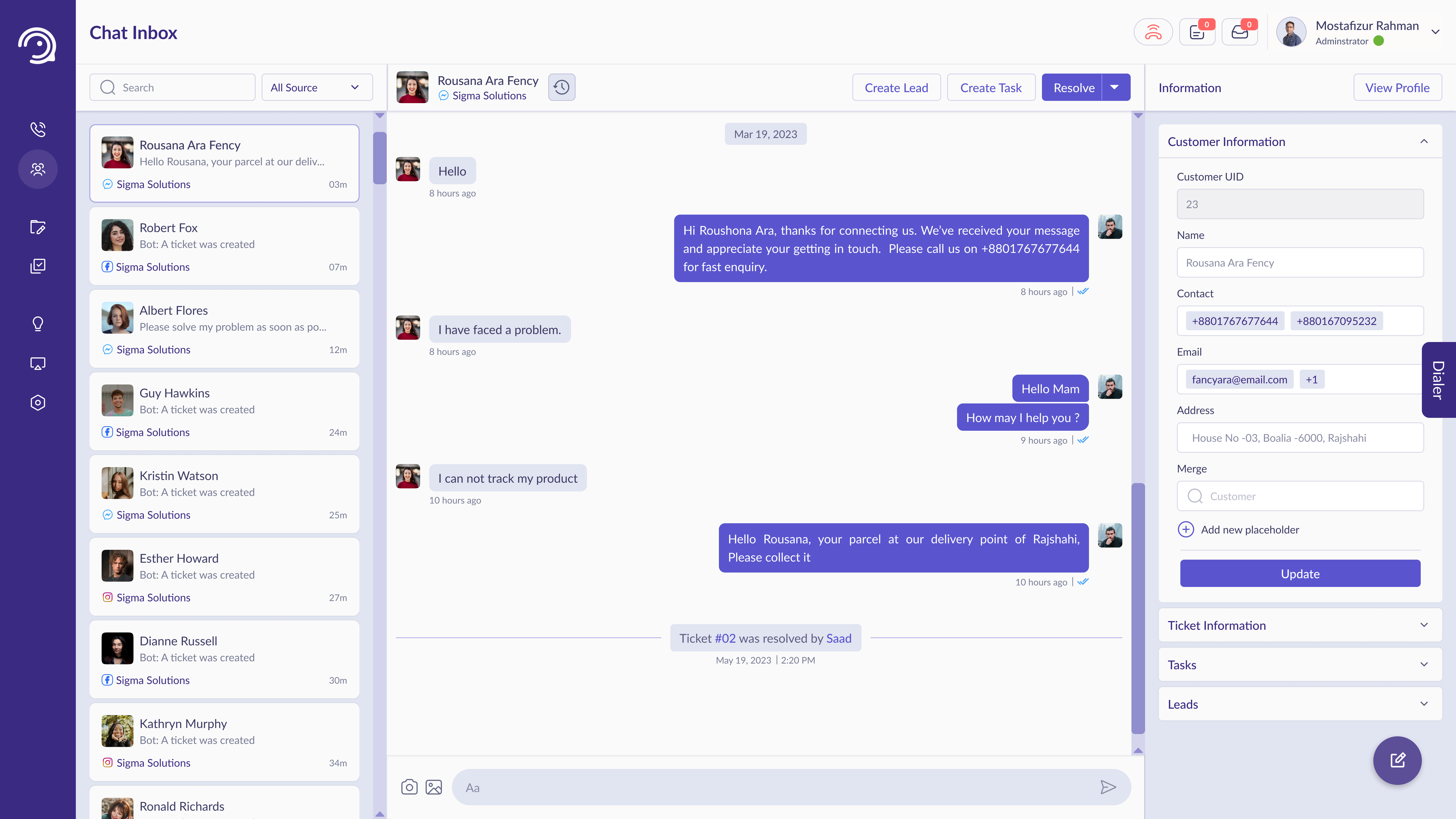Customer Relationship Management (CRM) systems are essential tools for businesses aiming to enhance customer interactions, streamline processes, and boost overall performance. However, to ensure that a CRM system is delivering the desired results, it’s crucial to measure its effectiveness using Key Performance Indicators (KPIs). These metrics provide insights into how well the CRM system is performing and where improvements can be made. In this article, we’ll explore the most important KPIs for evaluating CRM effectiveness.
1. Customer Retention Rate
Customer retention is a critical measure of CRM success. It indicates the percentage of customers who continue to do business with your company over a given period. A high retention rate suggests that your CRM system is effectively managing customer relationships and maintaining satisfaction.
How to Measure:
Customer Retention Rate = [(Number of Customers at End of Period − New Customers Acquired)/ Number of Customers at Start of Period] × 100
2. Customer Lifetime Value (CLV)
Customer Lifetime Value is a prediction of the net profit attributed to the entire future relationship with a customer. By analyzing CLV, businesses can understand the long-term value of their customer relationships, which is crucial for making strategic decisions.
How to Measure:
CLV = (Average Purchase Value × Average Purchase Frequency) × Average Customer Lifespan
3. Sales Conversion Rate
This KPI measures the percentage of leads that are converted into actual sales. A high conversion rate indicates that your CRM is effectively managing leads and guiding them through the sales funnel. How to Measure: Sales Conversion Rate = (Number of Sales/ Number of Leads) × 100
4. Average Sales Cycle Length
The average sales cycle length measures the amount of time it takes to convert a lead into a customer. A shorter sales cycle is generally better, as it indicates that your CRM system is efficiently moving prospects through the pipeline. How to Measure: Average Sales Cycle Length = Total Time to Close All Deals/ Number of Deals Closed
5. Customer Satisfaction Score (CSAT)
Customer Satisfaction Score is a direct measure of how satisfied customers are with your products, services, and overall experience. This metric is typically gathered through customer surveys after interactions or transactions. How to Measure: Customers rate their satisfaction on a scale (e.g., 1-10), and the average score represents the CSAT.
6. Net Promoter Score (NPS)
Net Promoter Score measures the likelihood of customers recommending your company to others. It’s a valuable indicator of customer loyalty and overall satisfaction. How to Measure: Customers are asked to rate their likelihood of recommending the company on a scale of 0-10. NPS is calculated by subtracting the percentage of detractors (scores 0-6) from the percentage of promoters (scores 9-10). NPS = {% of Promoters} - {% of Detractors}
7. First Contact Resolution Rate
This KPI measures the percentage of customer issues that are resolved during the first interaction with customer service. A high first contact resolution rate indicates that your CRM system is providing customer service representatives with the information they need to resolve issues quickly and effectively. How to Measure: First Contact Resolution Rate = (Number of Issues Resolved on First Contact/ Total Number of Issues) × 100
8. Cost Per Acquisition (CPA)
Cost Per Acquisition measures the cost associated with acquiring a new customer. Lowering CPA while maintaining or improving customer quality is a key goal for many businesses. How to Measure: CPA = Total Marketing and Sales Expenses/ Number of New Customers Acquired
9. CRM Usage Rate
This KPI measures how frequently and effectively your team is using the CRM system. High usage rates indicate that the CRM is user-friendly and provides value to your employees. How to Measure: Track the number of logins, the frequency of CRM feature usage, and the completion rate of CRM-related tasks.
10. Revenue Growth
Ultimately, the effectiveness of a CRM system can be measured by its impact on revenue growth. By tracking revenue over time, businesses can see the direct financial benefits of their CRM investments. How to Measure: Compare the revenue generated before and after the implementation of the CRM system, considering seasonal and market variations. Measuring the effectiveness of your CRM system through these KPIs allows you to understand its impact on your business and identify areas for improvement. By regularly monitoring these metrics, you can ensure that your CRM strategy is aligned with your business goals and driving long-term success. Remember, the key to a successful CRM strategy is not just collecting data but turning those insights into actionable strategies that enhance customer relationships and boost business performance.






